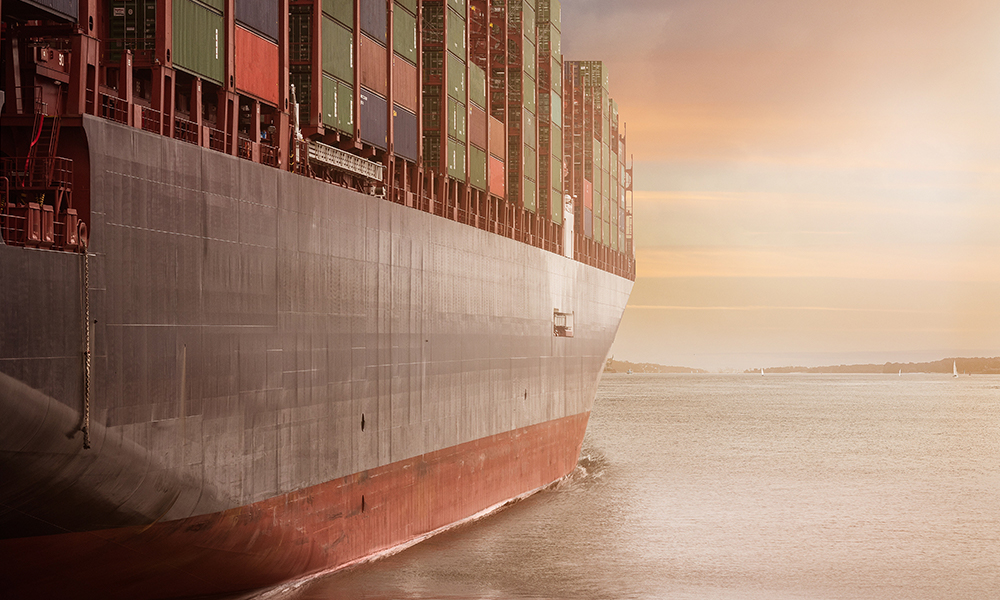
International trade is the exchange of goods and services between countries. It has been an essential driver of economic growth and development worldwide. However, it also comes with its fair share of challenges that businesses engaging in international trade must know and navigate.
From differing trade regulations and customs procedures to language barriers and cultural differences, international trade can be complex and daunting. It would benefit you to know the top challenges businesses face in international trade and consult Clearit Canada customs clearance to overcome them.
Understanding the most common challenges faced in international trade:
- Trade Regulations
Trade regulations refer to the rules and policies governments implement to regulate international trade between countries. These regulations cover many areas, including tariffs, import/export restrictions, customs procedures, product standards, and intellectual property protection.
One of the top challenges in international trade is navigating these regulations, which can be complex and vary significantly from country to country. Failure to comply with trade regulations can result in costly penalties, legal issues, and damage to a company’s reputation.
- Customs Procedures
Customs procedures refer to the regulations and processes involved in clearing goods through customs when they cross international borders. These procedures can be complex and time-consuming, involving paperwork, inspections, and payment of duties and taxes.
One of the top challenges in international trade is navigating these procedures, which can vary significantly from country to country. Delays or errors in customs clearance can result in costly penalties, lost sales, and damage to a company’s reputation.
- Language and Cultural Differences
Language and cultural differences can pose significant challenges for businesses engaging in international trade. Communicating effectively with foreign partners, customers, and suppliers requires overcoming language barriers and understanding cultural nuances.
Failure to do so can result in misunderstandings, lost opportunities, and damaged relationships. Cultural differences can also impact business practices, negotiation styles, product design, and marketing strategies.
- Logistics and Transportation
Getting goods from one country to another involves navigating complex supply chains, customs regulations, and transportation networks. One of the top challenges in international trade is optimizing logistics and transportation to minimize costs and delivery times while ensuring the safety and security of goods.
Transportation delays, cargo damage, and theft can disrupt supply chains and result in significant financial losses. To overcome these challenges, businesses must work with experienced logistics providers and freight forwarders, invest in technology solutions, and stay up-to-date on the latest trends and developments in transportation and logistics.
- Payment and Financing
Businesses must navigate different payment methods, currencies, and financing options when conducting cross-border transactions. One of the top challenges in international trade is managing payment and financing to ensure timely and secure payment and mitigate financial risks. Issues such as fraud, currency fluctuations, and payment delays can have severe economic consequences for businesses.




